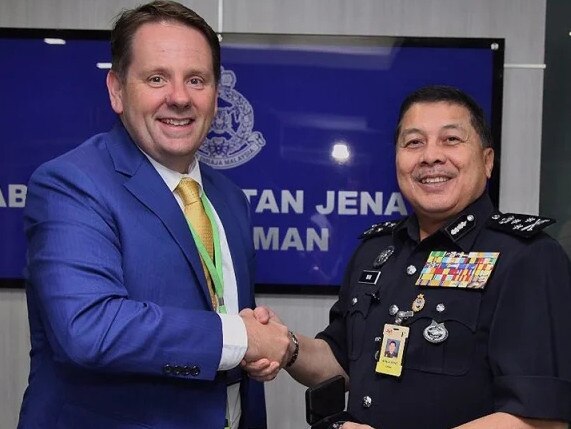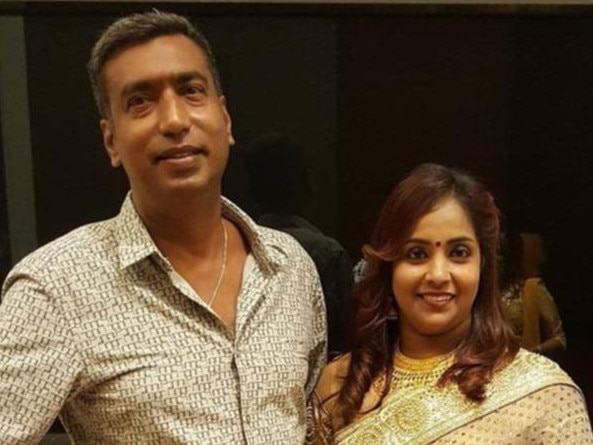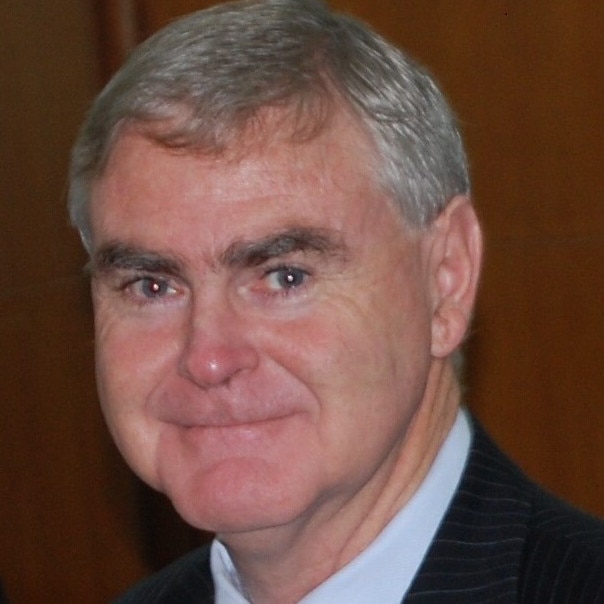Cuckoo smurfing: How money laundering scheme is hurting Australians
Tens of millions of dollars are being seized from Australian mum and dad victims as a result of a global money laundering scheme.
Crime in Focus
Don't miss out on the headlines from Crime in Focus. Followed categories will be added to My News.
Tens of millions of dollars are being seized from the bank accounts of innocent Australian mum and dad victims as a result of a sneaky global money laundering scheme.
Cuckoo smurfing, as it is known, involves a string of shadowy key players intermingling proceeds of crime funds with legitimate funds.
It is so complex even Australia’s national law enforcement agency has confused victims for perpetrators.
The money laundering scam — which sees unwitting victims used as pawns by organised crime gangs — is named after cuckoo birds who place their eggs in another birds’ nest to be raised as their own.
It relies on global banking and crime syndicates hijacking legitimate transfers and replacing clean money with dirty.
The people most at risk of being caught up in the crime and losing their assets as proceeds of crime include foreign-based Aussie mums and dads sending money home to support families; export companies being paid by overseas customers; foreign investors sending money to Australia; parents of foreign students sending money to their children; immigrants sending money ahead for properties.

Crooks recruit remittance providers, a traditional and trusted method of transferring money in Asian and Middle Eastern countries, charging less fees than banks.
The remittance providers arrange for amounts to be sent in a structured way under the $10,000 threshold which alerts authorities.
They intermingle dirty money — gained from drug deals, among other things — with clean in structured payments to accounts of innocent people who are expecting legitimate fund transfers.
In Australia, bank customers discover their accounts have been used by “smurfers” depositing the structured payments, but instead of being treated as victims of crime, they have their assets frozen by the AFP and can find themselves in a costly legal battle to get their money back.
The majority of victims have had little success when up against the AFP.
But recently, an Indonesian couple Mr Gwe and Ms Hoang, who had their retirement savings and properties seized by the AFP, fought back and won.
Not so lucky was a top Malaysian cop who had more than $300,000 seized by the AFP when he sent it to support his daughter studying for her Masters in Sydney. A Malaysian police investigation cleared officer Wan Ahmad Najmuddin bin Mohd of wrong doing, but the AFP still took his money.
Indonesian student Rommy Fernandez was sent $500,000 from his father to Australia to cover his living expenses. The money was frozen by the AFP. Mr Fernandez initially won his money back in a NSW Supreme Court action, but then lost the case when the AFP appealed.
Indonesian couple Ms Koernia and Mr Lordianto sent $6 million to Australia to fund their retirement. The money was seized by the AFP. They won their case only to have the money returned and then lost when the AFP appealed.

Another couple from Malaysia, Ganesh Kalimuthu and his wife Patricia Kalimuthu, who now live in Perth, sent money to buy a house ahead of their migration but had the money seized by the AFP. They also lost their savings.
Mr Gwe and Ms Hoang, who own a Jakarta-based wholesale packaging company for cosmetic products, like all the other cases have never been charged with any offence. They were also unaware their legitimate money transfer had been hijacked by a crime group.
The NSW Supreme Court of Appeal decision in the Gwe case exposed, according to experts, the “questionable” AFP strategy of taking easy money from people who could well be innocent.
The decision has renewed calls from former AFP officer Chris Douglas for a Senate inquiry into the actions of the AFP and the plight of the smurfing victims who have little or no protection from the criminals or the police.
Other law enforcement agencies have taken a different approach on how to treat the victims.
The NSW Crime Commission (NSWCC) has held secret hearings into cases they believed involved cuckoo smurfing including a wealthy Indonesian businessman sending money for living expenses for his daughter who was studying in Australia.
After extensive questioning, the NSWCC was satisfied he had done nothing wrong and did not refer him for prosecution.
The NSWCC took the view the businessman was a victim and it is not a good look to be prosecuting innocent people to boost the coffers of the state.
There are more than a dozen similar cases pending around Australia.
Barrister Edward Greaves, a former deputy counsel with the AFP, who acted for Mr Gwe and Ms Hoang, said in a blog post the appeal decision has “given hope to other innocent victims” of cuckoo smurfing.
Mr Greaves wrote that in the past five years the AFP has pursued a number of innocent people and it’s been left to the courts to decide if they could keep their own property – even though they never committed or were charged with any offence.

Barrister Marcus Hassall, who has been involved in a number of cases, said the real issue is the discretionary decision of the AFP Commissioner to initiate and pursue confiscation action in these types of cases.
“That decision is not reviewable by a court or anyone else, and the Commissioner has no published guidelines indicating how, if at all, it takes public interest considerations into account in making those decisions,” said Mr Hassall.
“As a result, the Commissioner is open to the criticism that it has been running these cases opportunistically and because they are low risk and high reward. Cases of this type require little in the way of investigative resources but can result in a hefty confiscation outcome, and a statistic which the Commissioner can point to as proof that it is utilising the legislation.”
The AFP did not answer questions about the number of prosecutions it has launched against dodgy money remitters, or the smurfers (the people who deposit the money in Australia).
An AFP spokesman said the High Court of Australia has issued judgments in favour of the AFP for matters argued before it.
“The issues arising from cuckoo smurfing matters are complex and turn on the individual facts of each case,” an AFP spokesman said.
Civil Liberties Australia has taken up the cause and Mr Douglas, who had decades of experience fighting money laundering, wants the AFP’s actions scrutinised.
Mr Douglas argued it is like the victim of car theft who reports their car being stolen but then has the car confiscated because it was used by the criminal that stole it – making it proceeds or an instrument of crime.
Mr Douglas said the AFP had for years investigated syndicates using cuckoo smurfing and made significant drug busts as a result.
But in 2014 there was a change in strategy. The AFP was given responsibility for pursing criminal asset confiscation under changes to the Proceeds of Crime Act in 2012 and the Commonwealth Director of Public Prosecutions CDPP was no longer involved.
Mr Douglas argues it has resulted in an abuse of power.
“The legislation was not designed to allow the AFP to trample on innocent people in its quest to fight organised crime. But unfortunately for Australia, this is exactly what is happening,” said Mr Douglas.
More Coverage
Originally published as Cuckoo smurfing: How money laundering scheme is hurting Australians





